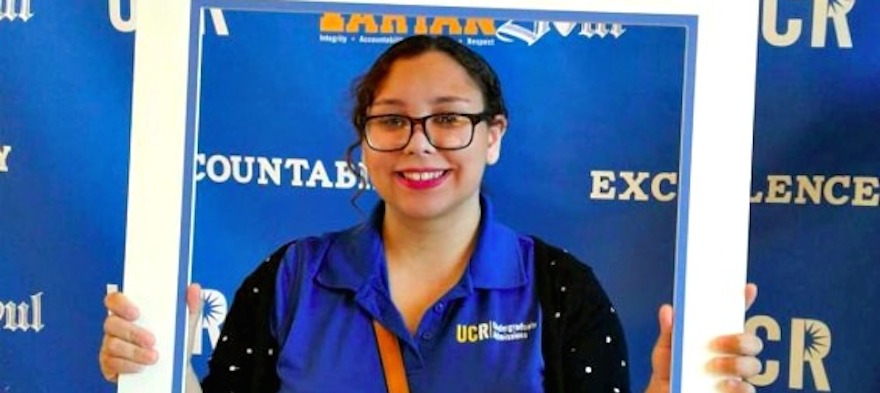
Jun 4, 2018 12:00:00 AM
by Biane Arias
Biane Arias is a first-generation student at the University of California-Riverside. Biane is extremely proud to be from Pico Rivera, California. She majors in political science with an emphasis in public service. Biane credits the amazing teachers and staff of the El Rancho Unified School District for helping her succeed and realize her passion for politics. Biane is an aspiring public servant and attorney. At UCR, Biane works at Undergraduate Admissions, and she previously worked at EAOP and the Moreno Valley Unified School District. Currently, Biane is a part of IGNITE's Southern California College Council.
Few issues in education spark more tension and debate than standardized testing. Are they a tool for equity or a burden on students? A necessary check on school systems or a flawed measure of...
Charter schools are public schools with a purpose. Operating independently from traditional school districts, they're tuition-free, open to all students, and publicly funded—but with more flexibility...
Despite the benefits of a diverse teaching force, prospective teachers of color fall out of our leaky preparation pipeline at every stage: preparation, hiring, induction, and retention. Here’s what...
Ed Post is the flagship website platform of brightbeam, a 501(c3) network of education activists and influencers demanding a better education and a brighter future for every child.
© 2020-2025 brightbeam. All rights reserved.
Leave a Comment